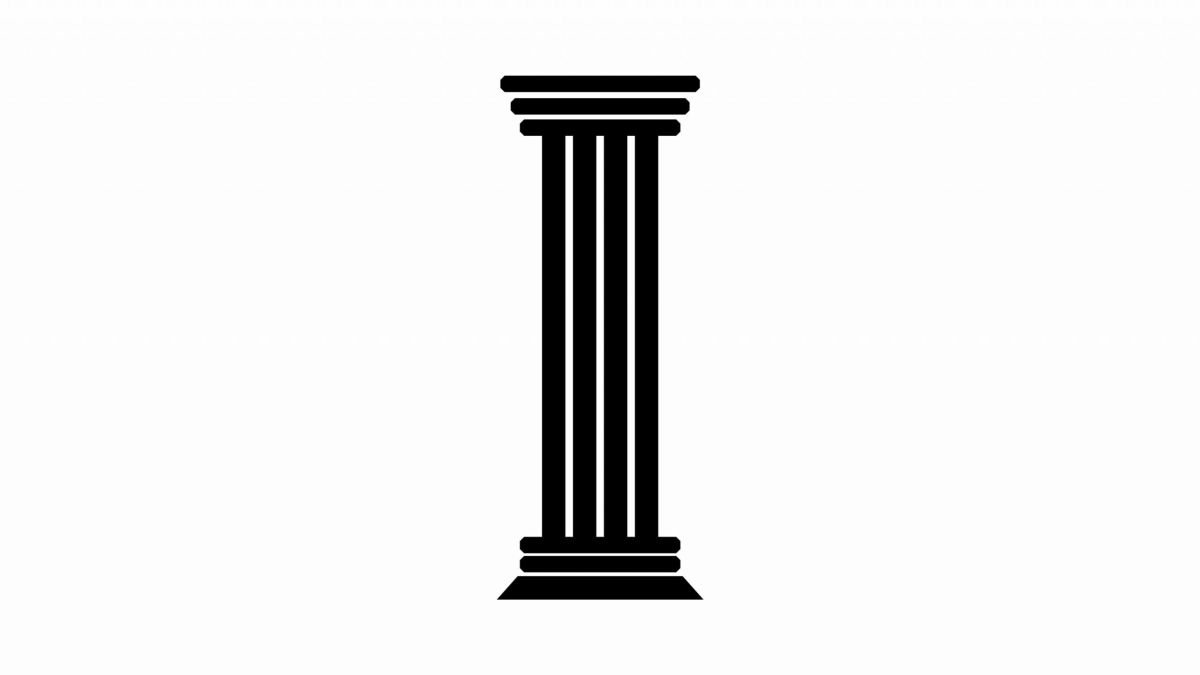The Principle of Permissibility
Shaykh al-Islām Ibn Taymiyyah


Shaykh al-Islām Ibn Taymiyyah رحمه الله stated:1 “Peoples’ sayings and actions are of two kinds: ʿibādāt (acts of worship) by which their Religion is established, and ʿādāt (customary practices) which are required for day-to-day living. From the principles of the Sharīʿah (Divinely Prescribed Islamic Law), we know that acts of worship are those acts which have been prescribed by Allāh or approved by Him; nothing is to be affirmed here, except through the Sharīʿah. However, as far as worldly activities of people are concerned they are necessary for everyday life. Here the principle is freedom of action; nothing may be restricted in this regard except what Allāh – the Most Perfect – has restricted.2 This is the case because commanding and prohibiting are both in Allāh’s Hands. As far as worship is concerned, there has to be a command from Him concerning it. Thus, when it requires a command from Allāh to establish something, how can we say that something is restricted without His command? This is why Aḥmad Ibn Ḥanbal (d.241H); and other jurists who base their judgements upon aḥādīth (Prophetic narrations) say: In relation to acts of worship, then the principle is tawqīf (limitation); that is to say, nothing can be legislated in this regard except what Allāh legislates. To do otherwise is to incur the risk of being included in the meaning of the āyah:
أَمْ لَهُمْ شُرَكَاءُ شَرَعُوا لَهُم مِّنَ الدِّينِ مَا لَمْ يَأْذَن بِهِ اللَّهُ ۚ ﴿٢١﴾
Do they have partners with Allāh who prescribe for them in the Religion that for which Allāh has not given any permission.
[al-Shūrā, 42:21]
However, as far as living habits are concerned, the principle here is freedom because nothing can be restricted in this regard except what Allāh has prohibited. To do otherwise is to be included in the meaning of His saying:
قُلْ أَرَأَيْتُم مَّا أَنزَلَ اللَّهُ لَكُم مِّن رِّزْقٍ فَجَعَلْتُم مِّنْهُ حَرَامًا وَحَلَالًا ۖ ﴿٥٩﴾
Say: Do you see what Allāh has sent down to you for sustenance? Yet you have made some part of it ḥalāl (lawful) and some part ḥarām (prohibited).
[Yūnus, 10:59]
This is a great and beneficial principle, on the basis of which we can say that buying, selling, leasing, giving bills, and other such matters are necessary activities for people, as are eating, drinking and the wearing of clothes.
Thus, if the Sharīʿah (Divinely prescribed Islamic law) says something about these day-to-day matters, it is in order to teach good behavior. Accordingly, it has prohibited whatever leads to corruption, has made obligatory that which is essential, has disapproved of that which is superfluous, and has approved of that which is beneficial. All this has been done with due consideration of the magnitude and properties of the various types of activities involved. Since this is the position of the Sharīʿah, people are free to buy, sell and to lease just as they wish, just as they are tree to eat and drink what they like – as long as it is not ḥarām (unlawful). Even though some of these things may be disapproved, they are still free in this regard, since the Sharīʿah does not go to the extent of prohibiting them – and thus the original principle (of permissibility) remains.”
Endnotes:
- Al-Qawāʿid al-Nūrāniyyah al-Fiqhiyyah (p. 112-113).
- Imām ʿAbd al-Raḥmān ibn Nāṣir al-Saʿdī رحمه الله stated “The principle regarding acts of worship is one of prohibition, except if the Sharīʿah (Divinely Prescribed law) relates a prescription for it. And the principle regarding customary behavior is permissibility, except when the Sharīʿah relates a prohibition for it.” Minḥāj al-Qāsidīn Mukhtasar fī Uṣūl al-Fiqh (p. 31).
Most Popular: Last 30 Days

















